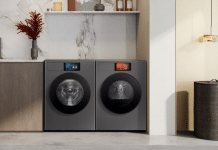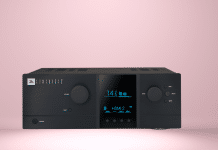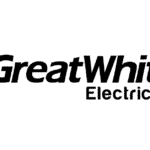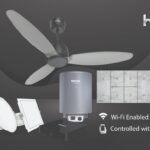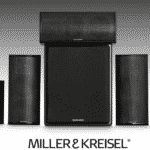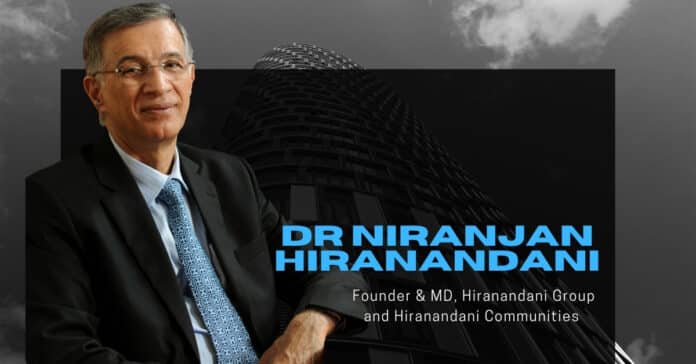
In conversation with Dr. Niranjan Hiranandani, Founder & MD, Hiranandani Group and Hiranandani Communities
Smart Homes is not just about tech-enabled amenities integration but also sustainable features aiming to improve the quality of future life. While living in the digital era, it is pre-emptive to integrate home automation and the Internet of Things (IoT) to encompass a fast-paced modern lifestyle. The new-age millennial homebuyers have a shift in taste and preferences when it comes to their dream home.
“Any new concept takes time to be accepted, and smart homes in the Indian real estate market context have also gone through the same ‘curve’. Once the advantages of ‘smart homes’ became apparent, the price differential became irrelevant and as it becomes efficient and sustainable in the long run -this will be the most preferred choice of the smart homebuyers”, says Dr Niranjan Hiranandani, Founder & MD, Hiranandani Group and Hiranandani Communities.
Who(consumer groups) are opting for smart homes the most?
Today’s tech-savvy millennials and affluent homebuyers are the right audiences to prefer and operate such smart-tech-enabled futuristic homes. As it gets more trendy with time and comfort; it will get more acceptance across the home buyers’ segment for a better quality of life. The trend has been so far more preferred in urban metro cities and shall grow further across micro-markets geographically. It’s just a matter of time.
What according to you are the “must-integrate” smart devices/products in a new ready-to-sell apartment/villa? Why?
While the advantages of smart devices are obvious, the actual applicability of different types of such devices differs, depending upon the geography as also the weather across different project locations. Also, the segment of residential real estate impacts the list of ‘must include’ home automation products as does the project’s size – a home in a stand-alone building’s list of ‘must include’ devices/ products will differ from that of a home in an integrated township.
Safety and security are the obvious ‘starting points’ for smart devices in a new ready to sell apartment/ villa. So, from motion sensors to live streaming video feeds from CCTV cameras which can be accessed on a smartphone to unlocking doors through fingerprint/ retina scans mark commencement of the list.
Then, aspects of comfort and convenience make their presence felt. HVAC and other electrical appliances being controlled by voice command or through smartphones are the obvious next on the list. Remote access and control make its presence felt as do automated alarms, Entertainment and academics, as also work-from-home options, are next on the list. But the applicability of the various devices/ products is based on project segment; customer profile and the geography
What are the latest innovations in the smart building industry? How does it aim to benefit the Indian real estate industry?
The evolution of the digital era has disrupted the way of living. Tech-enabled lifestyle has gained traction like never before from the new-age customers. Smart building is a segment that will witness new innovative products and shall keep evolving to cater to the growing need of hi-tech homebuyers across the industry.
Following the global best practices, the smart home segment must integrate digitization and IoT to give homebuyers a preferential user experience and level up to their way of living. The Indian real estate industry has benefited from innovations in smart buildings in terms of enhancing end-user comfort and safety.
What according to you are the major benefits of Smart & connected homes in the current “tech-savvy-era”, for consumers?
The most important aspect for tech-savvy consumers is control over their homes and the features – but done in a ‘smart’ way – through the Internet of Things (IoT). The systems are powered by Artificial Intelligence (AI) and Machine Learning (ML). It is not just about home automation for comfort; but much more about safety and holistic wellness living. In the backdrop of work from home or remote work aspects like well-balanced life facilitating ‘Live, Work and Play’ is gaining preference. Smart Homes are here to sustain new-age potential affluent homebuyers on grounds of ease of living and complete wellbeing.
What is the contribution of smart homes and smart buildings to the environment?
This is pretty obvious – smart homes work towards ensuring no or less wastage as also result in the minimal impact of human endeavour on the environment. Tech integrated amenities power energy efficiency and sustainability with the integration of solar energy, motion and touch sensor digital living.
Which sector(hospitality, commercial, residential) should be inclining more towards Smart Technologies? And why?
I believe the industry as a whole should consider smart development skewed towards sustainable development goals for a green economy. The pandemic has underpinned the importance of digital living and accelerated tech-savvy lifestyle across segments. Industry across the board has witnessed a paradigm shift in digital adoption for uninterrupted business continuity and customer servicing.
The industry has made a shift from just product-centric to customer-centric as the renewed business goal of wellness, community living, automation, and sustainable development are the pillars of new growth direction.
Share your opinion on- “Are Smart Homes the Future of the Real Estate Industry?”
No doubt pegged. Industry and concerned stakeholders must evolve with time and convert each new challenge into an opportunity. The pandemic acted as a growth catalyst for the real estate sector into the digitization and automation segment to offer the best customer experience. Hence, I would say not just ‘Smart’ but ‘Smart – Green’ homes are the future of the real estate industry and hope it gets adopted in the right spirit.







